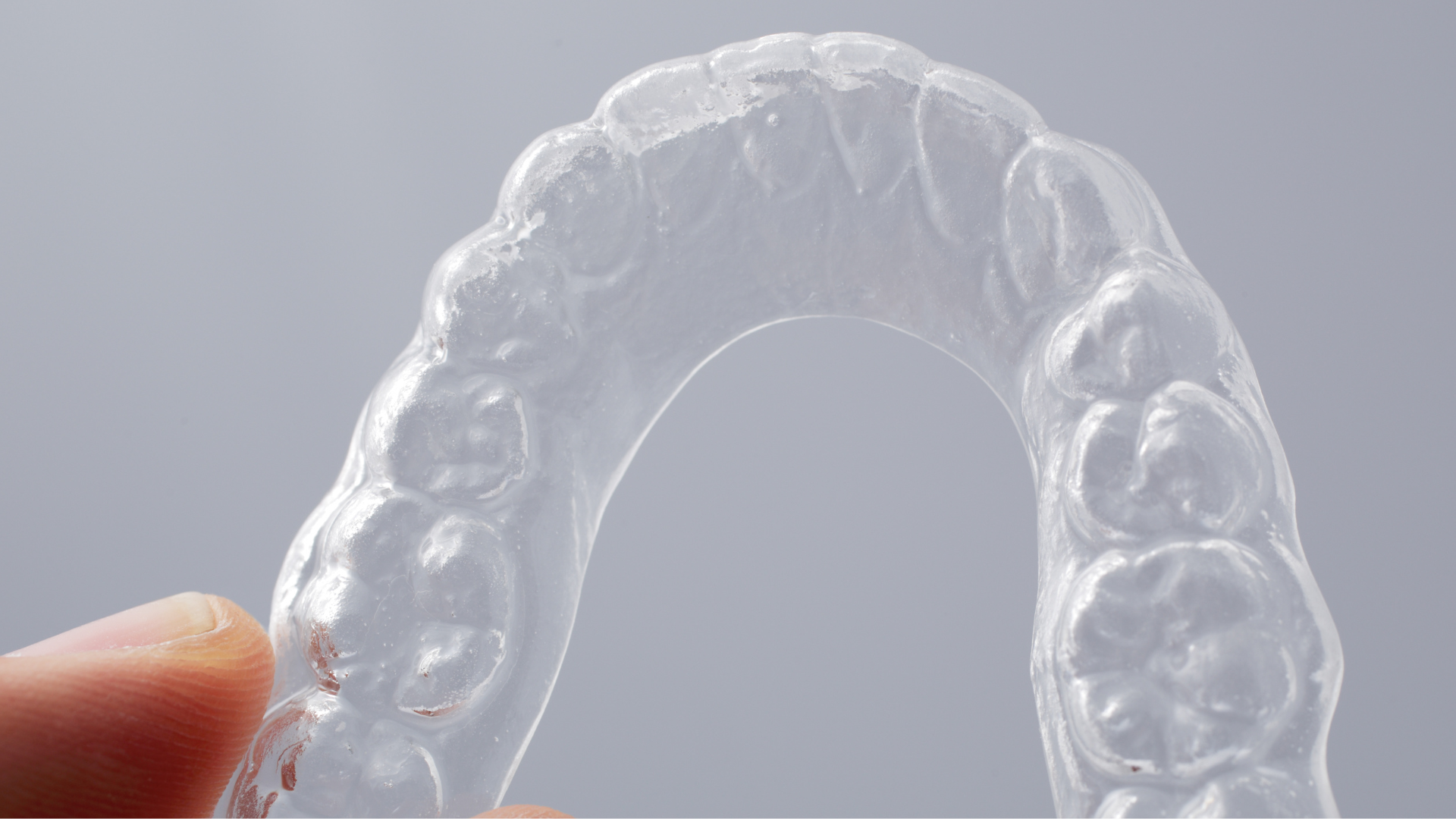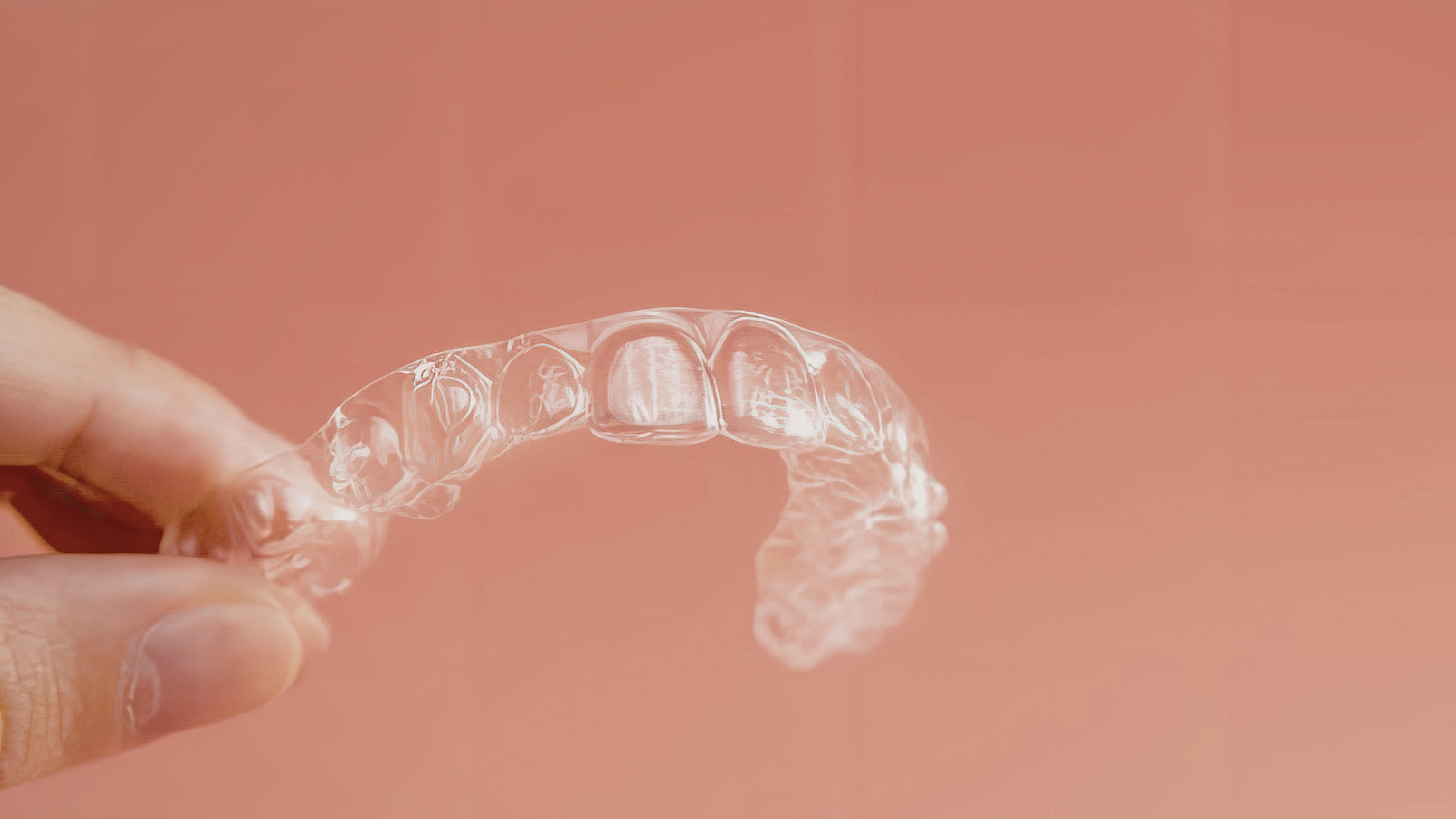How Long Do Veneers Last? Durability, Cost, and Care Explained
If you've been considering veneers, one of the most common questions is, how long do veneers last? With significant investment involved—both financially and in preparation—it’s crucial to understand their lifespan and what influences longevity. In this comprehensive guide, we explore how long different types of veneers can last, how much they cost over time, and the key to maintaining a vibrant, long-lasting smile.
Veneer Lifespans: Porcelain vs. Composite
The most critical factor influencing veneer longevity is the material:
- Porcelain veneers are renowned for their durability and aesthetics. They typically last 10–15 years, with many lasting over 20 years when properly cared for.
- Composite resin veneers are more affordable but have a shorter lifespan—usually 5–7 years, though with meticulous care they may approach 10 years.
- No-prep veneers, also made from porcelain, may last 10–20 years, though the lack of tooth preparation can affect fit and durability.
What Affects Veneer Durability?
Several factors determine how long your veneers will last:
- Dental Material and Lab Quality
- Premium materials and skilled laboratory craftsmanship translate into stronger, more natural-looking, longer-lasting veneers.
- Oral Hygiene Habits
- Consistent brushing, flossing, and regular dental check-ups help prevent decay and gum issues that can weaken veneers.
- Bite force and dental habits
- Bruxism (teeth grinding), nail-biting, and chewing hard objects like ice or pens significantly shorten veneer lifespan.
- Dietary Choices
- Though porcelain resists staining, the bonding resin can discolor. Limiting coffee, red wine, and tobacco helps maintain color.
Porcelain Veneers—Top-Tier Investment
Porcelain veneers offer unmatched aesthetics and durability. Patients who invest in high-quality porcelain veneers often enjoy 10–15 years of flawless appearance, with some lasting over two decades. They resist staining, mimic natural tooth translucency, and are less likely to chip. The main downside is cost—from $925 to $2,500 per tooth—and the fact they require enamel removal, making them a permanent alteration.
Composite Veneers—Faster, Cheaper, Shorter Lifespan
Composite veneers are applied in a single visit and cost less—around $400–$2,000 per tooth. They’re easier to repair but are more prone to staining and chipping. Most last 5–7 years, though with careful maintenance they can reach 8–10 years. This makes them a good choice for those seeking a cost-effective, short-term fix.
Expected Costs Over Time
When considering total investment, durability matters:
- Porcelain costs more upfront but offers a longer lifespan that can make it more cost-effective over time.
- Composite is cheaper initially but likely requires replacement sooner, increasing long-term costs.
A long-term view often favors porcelain for its durability and minimal upkeep.
Care Tips to Maximize Veneer Lifespan
Extending the lifespan of your veneers depends heavily on how well you care for them:
- Brush with soft bristles and non-abrasive toothpaste.
- Floss daily—especially along veneer edges.
- Use nightguards for grinding or clenching.
- Avoid using your teeth as tools.
- Limit stain-causing foods and rinse after consuming them
- Attend six-month dental cleanings to monitor veneer condition.
What Maintenance Looks Like
Porcelain veneers are highly stain-resistant—they retain their brightness with less effort. Composite veneers may require periodic polishing or repairs to address minor chips or staining. With consistent dental visits, you can catch issues early and prolong the lifespan of your veneers.
Replacing Your Veneers
Signs of needing replacement include chips, visible staining, or exposure of bonding margins.
- Porcelain requires full replacement when compromised—costly but durable.
- Composite allows for spot repairs or resurfacing.
Knowing when and how to replace ensures a seamless, ongoing smile upgrade.
Veneer Longevity vs. Crowns and Other Options
Veneers cover only the front of the tooth; crowns provide full coverage and may last longer—10–15 years—but require more tooth removal. Veneers strike a balance between conservatism and cosmetic transformation, offering an ideal option for mostly healthy front teeth.
Summary: Choosing the Right Veneer for Lifelong Smiles
- Porcelain Veneers: 10–20 years lifespan, top aesthetics, higher cost.
- Composite Veneers: 5–10 years lifespan, budget-friendly, easier repairs.
Want help choosing or caring for veneers? Reach out to our team—we’re here to guide your journey toward a dazzling, long-lasting smile!





